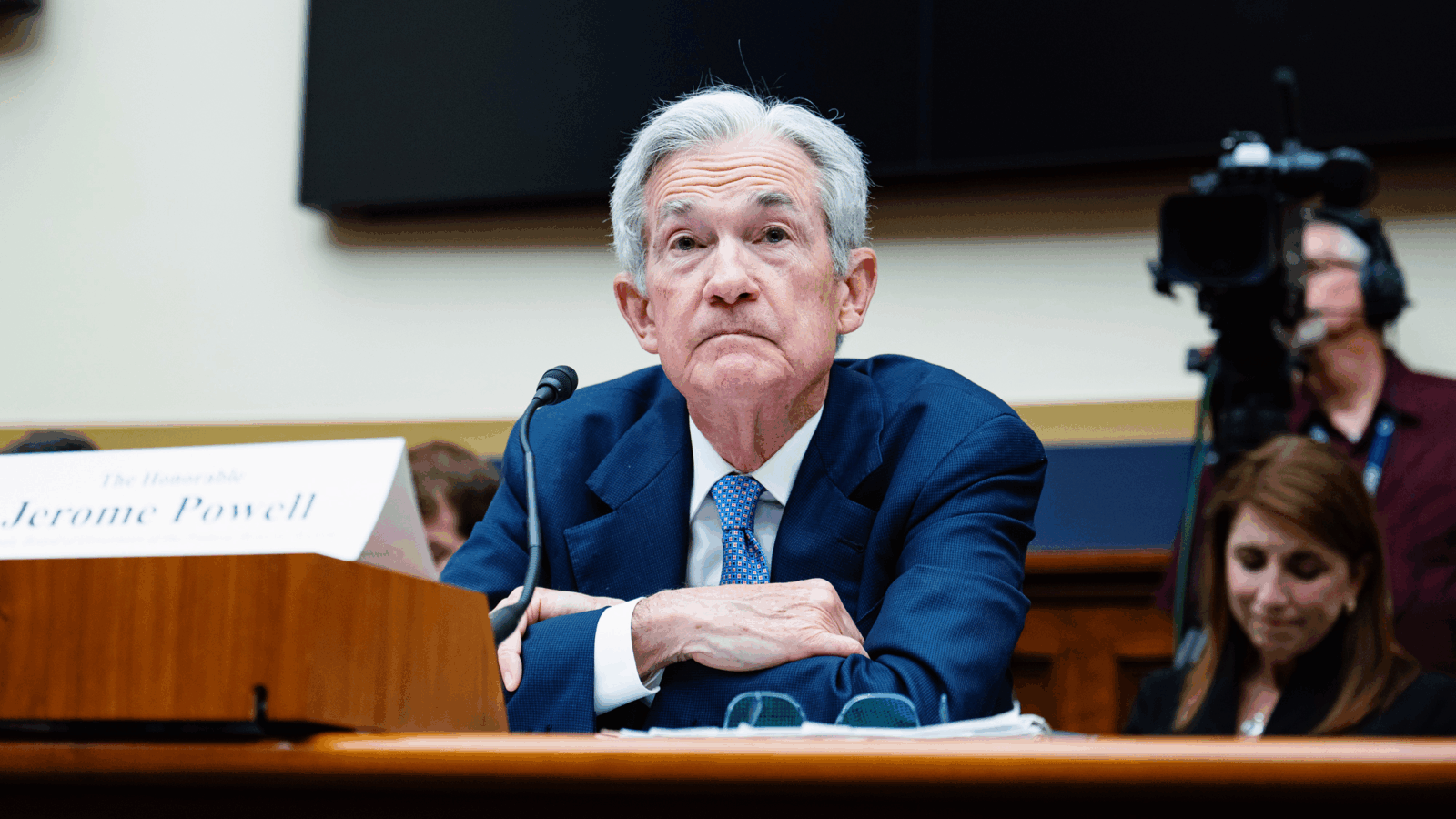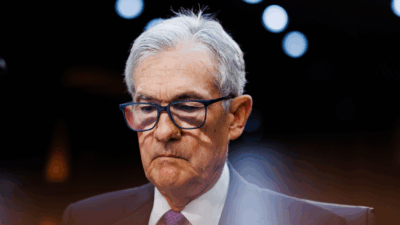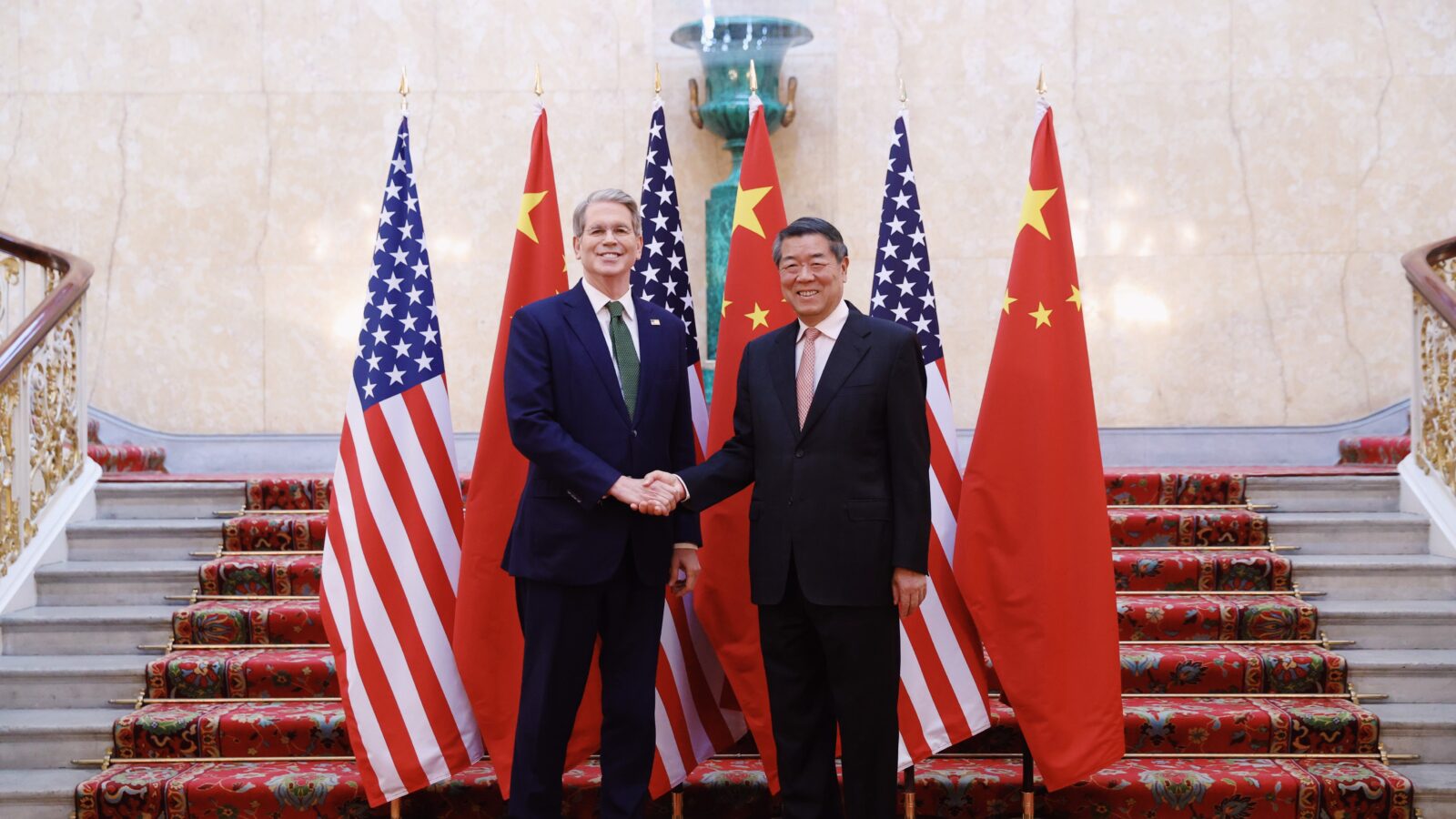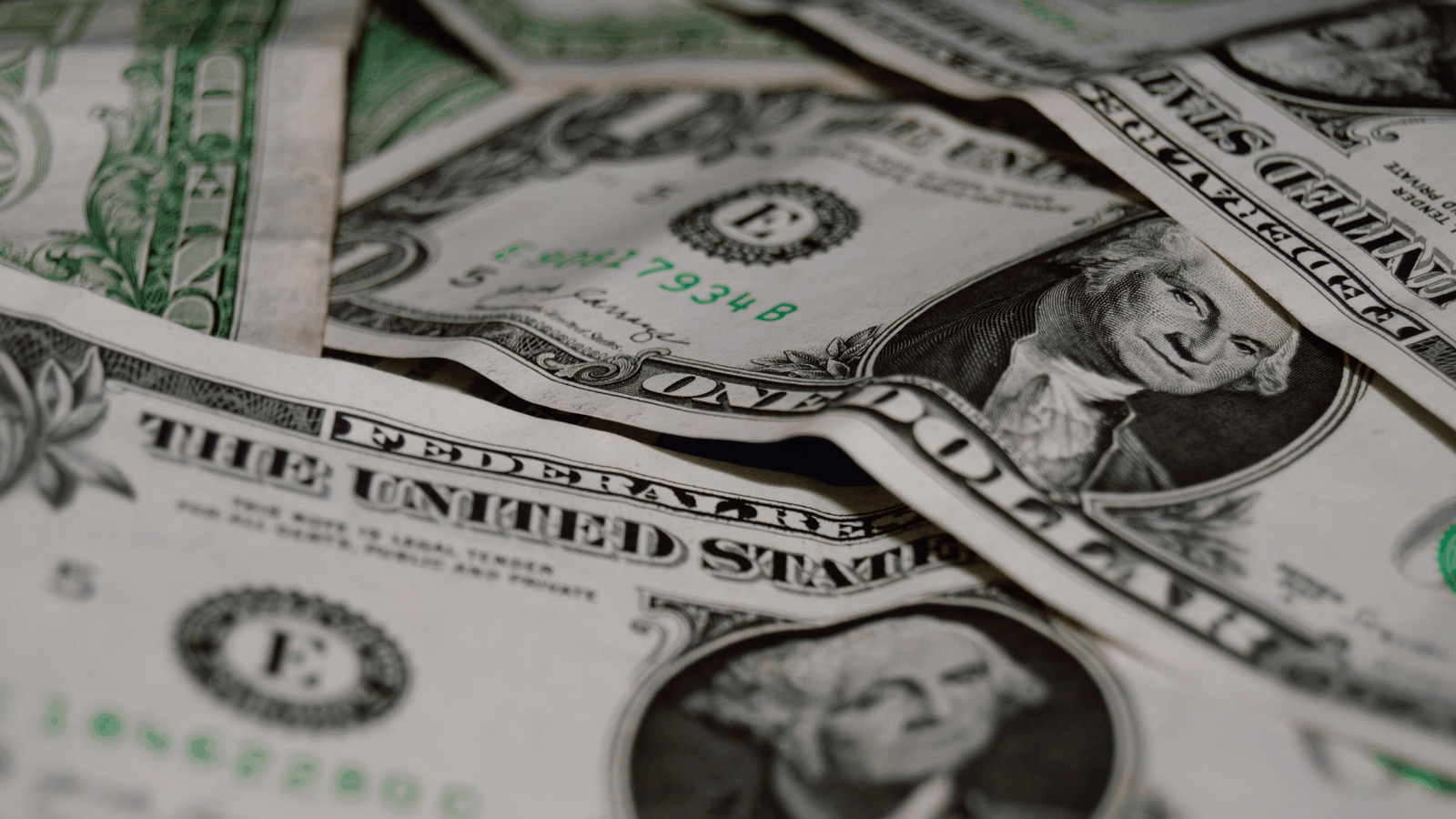IMF Worries State of ‘Not Good Enough’ Will Follow Rate Cuts and a Soft Landing
Of 12 major developed-market central banks, eight are in rate-cutting mode, with Australia, Norway, Japan, and Taiwan the odd men out.
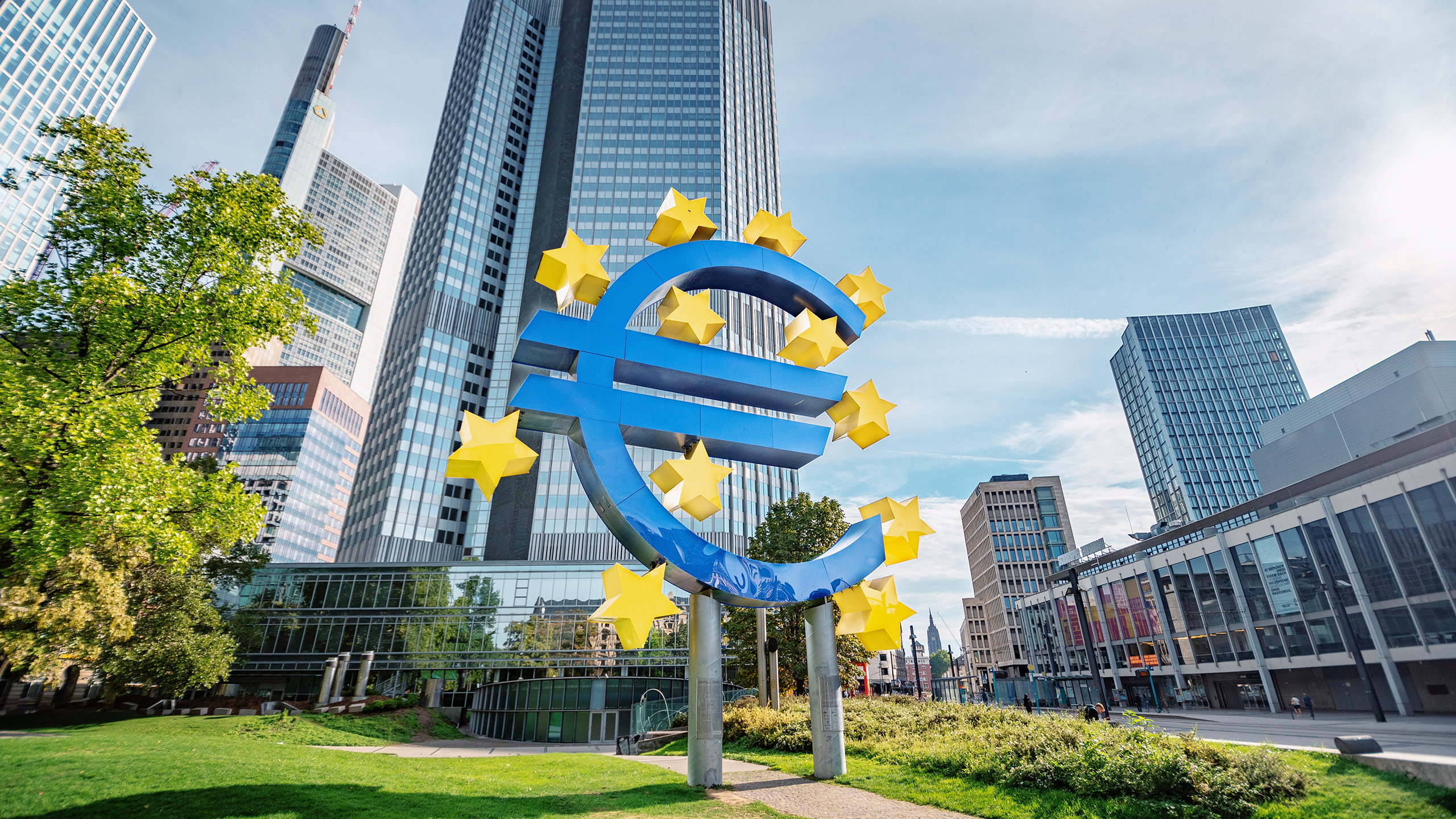
Sign up for smart news, insights, and analysis on the biggest financial stories of the day.
Some people just can’t be pleased. Inflation has tumbled and a soft landing is in play, but as the International Monetary Fund and World Bank Group hold their annual meetings this week, the IMF’s top official is concerned the world economy is headed for a state of “Not Good Enough.”
‘Breaking the Neck of Inflation’
Of 12 major developed-market central banks tallied by The Daily Upside — those in Australia, Canada, the Eurozone, Japan, New Zealand, Norway, South Korea, Sweden, Switzerland, Taiwan, the UK, and the US — eight are in rate-cutting mode, with Australia, Norway, Japan, and Taiwan the odd men out.
IMF managing director Kristalina Georgieva, in a joint address to her organization and the World Bank Group last Thursday, told the audience to “cherish the good news” that the “big global inflation wave is in retreat” thanks in part to monetary policy action.
The Eurozone last week reported a 1.7% annual inflation rate, below the ECB’s 2% target for the first time since June 2021. Inflation cooled to 1.7% in the UK and 2.4% in the US in recent updates. But while this has encouraged policymakers to ease restraints on household spending and business activity, Georgieva said global economic growth is at risk of entering a “Period of Not Good Enough”:
- Noting the growing backlash against international trade — the EU imposed tariffs on imports of Chinese-made electric vehicles this month, and the US presidential election is full of tariff talk — she warned that “trade will not be the same engine of growth as before,” likening protectionism to “pouring cold water on an already lukewarm world economy.”
- The IMF in July projected the global economy would grow 3.2% this year and 3.3% in 2025, though it will release updated projections on Tuesday.
Beg, Borrow, or Get Real: Another big red flag for the IMF is governments’ seeming addiction to debt: If fiscal policies are unchanged, the fund’s economists said in a report last week that increasing borrowing by the US, China, and other major economies will push government debt to $100 trillion this year, equal to 93% of the world’s GDP. “Even the traditionally fiscally conservative political parties are developing a taste for borrow-to-spend,” Georgieva said, noting the combination of low or medium growth and high debt could especially hurt developing economies.
